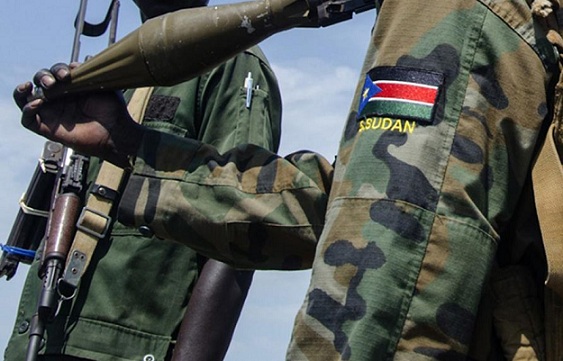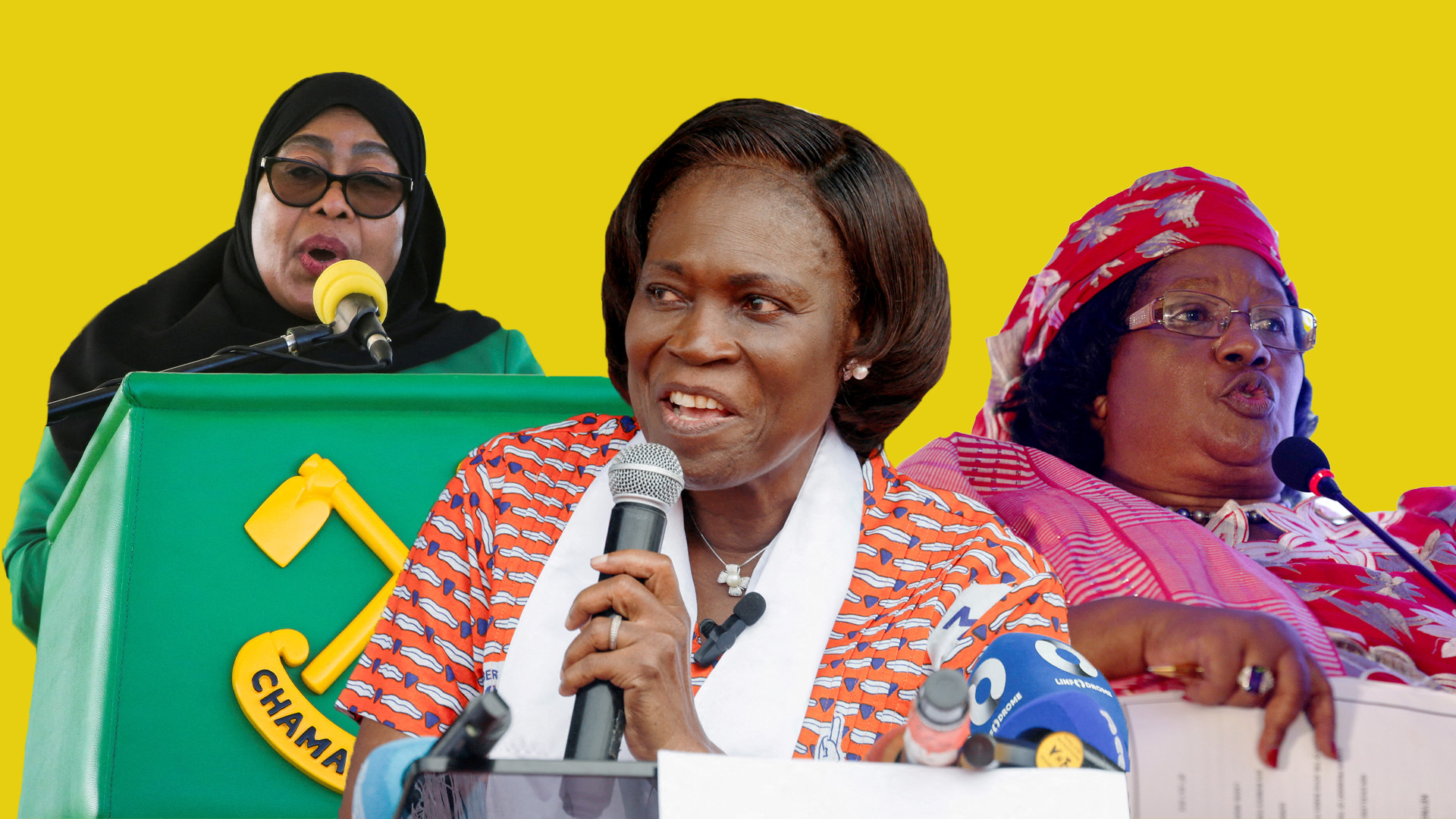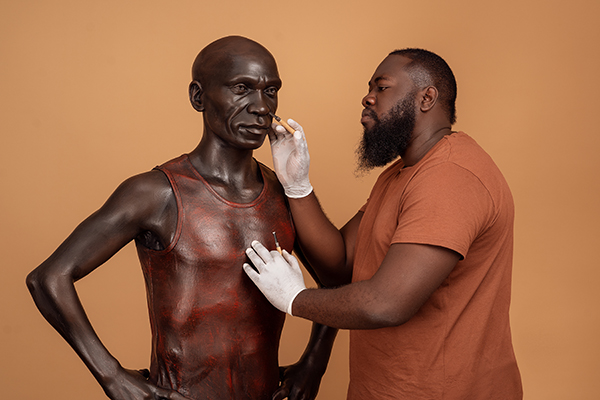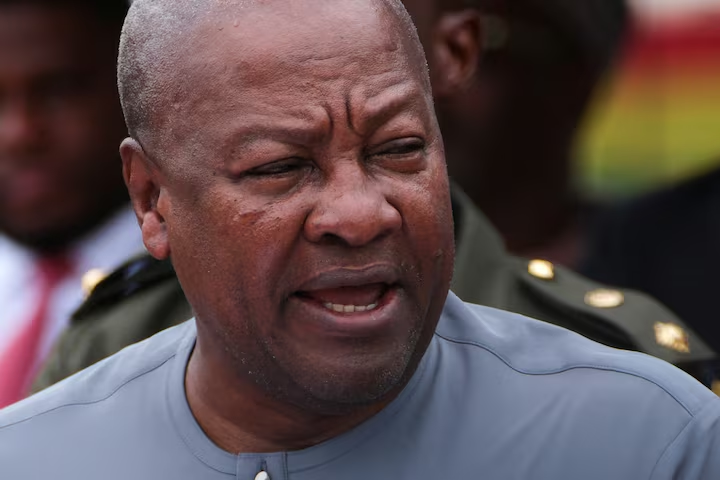
Influx of South Sudanese refugees into Uganda strains country’s resources

The continued influx of South Sudanese nationals into Uganda is fast straining the country’s resources, with experts warning that the country may have to stop taking in more refugees.
Last week alone, more than 3,000 people arrived at the border in a single morning following an eruption of violence in the South Sudanese town of Pajok.
Reuters reports a top Ugandan official to say that the country’s system of accommodating refugees – routinely touted as one of the world’s most progressive – was on the brink of an “explosive” collapse.
With the arrangements provided for refugees in Uganda, the country has become a favoured destination country for South Sudanese refugees fleeing the war in their country.
Uganda’s system allows villagers in impoverished border regions to donate land to refugees on the expectation that the foreign donor funds that support the refugees will also help the villages in the form of shared public services such as schools, roads, wells and clinics.
Under a Ugandan law passed in 2006, refugees are granted freedom of movement, employment rights and access to public clinics and schools.
Each family is also given a 30m x 30m plot of land on which to build huts, and a larger 100m x 100m plot on which to grow subsistence crops, to make them self-sufficient as quickly as possible.
The problem now is that aid flows are not keeping up with the scale of exodus from South Sudan.
Since fighting erupted in the capital, Juba, last year, at least 832,000 have arrived in Uganda, and the system is now wobbling.
More refugees are still expected to arrive in Uganda with the continued fighting being experienced in the world’s youngest nation.
South Sudan descended into violence in December 2013 following President Salva Kiir’s allegations that his then-deputy was plotting a coup against his government. Machar refuted the claims but then went on to mobilize a rebel force to fight the government.
A peace deal signed in 2015 has continually been violated by both factions, with the United Nations earlier this year warning of a possible genocide.
The world body has now listed South Sudan as Africa’s biggest refugee crisis, and the third in the world after Syria and Afghanistan.
A proposed national dialogue has been delayed due to logistical problems, but President Kiir earlier this week issued assurances that it would go on.






